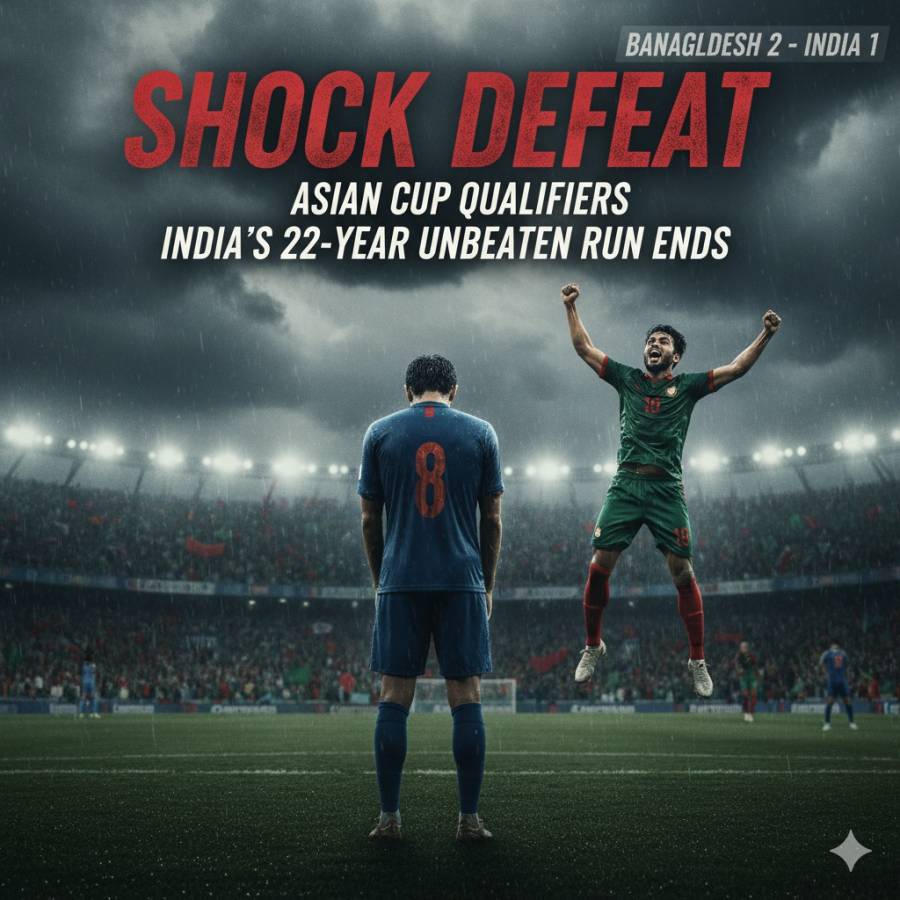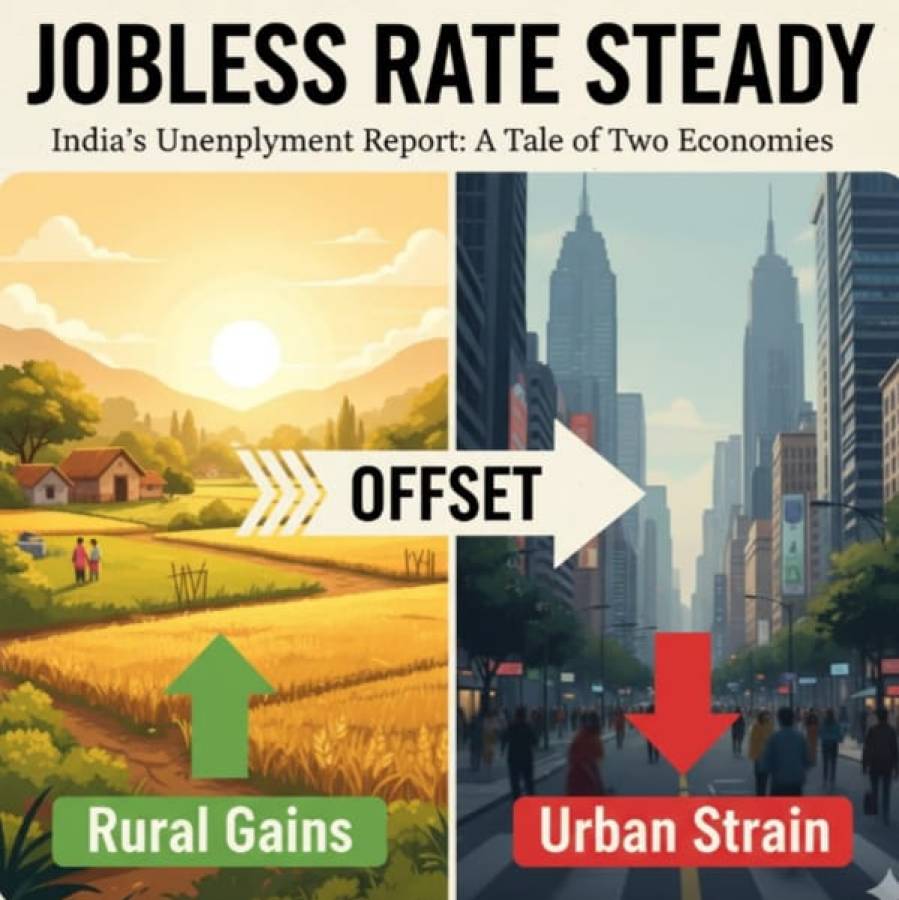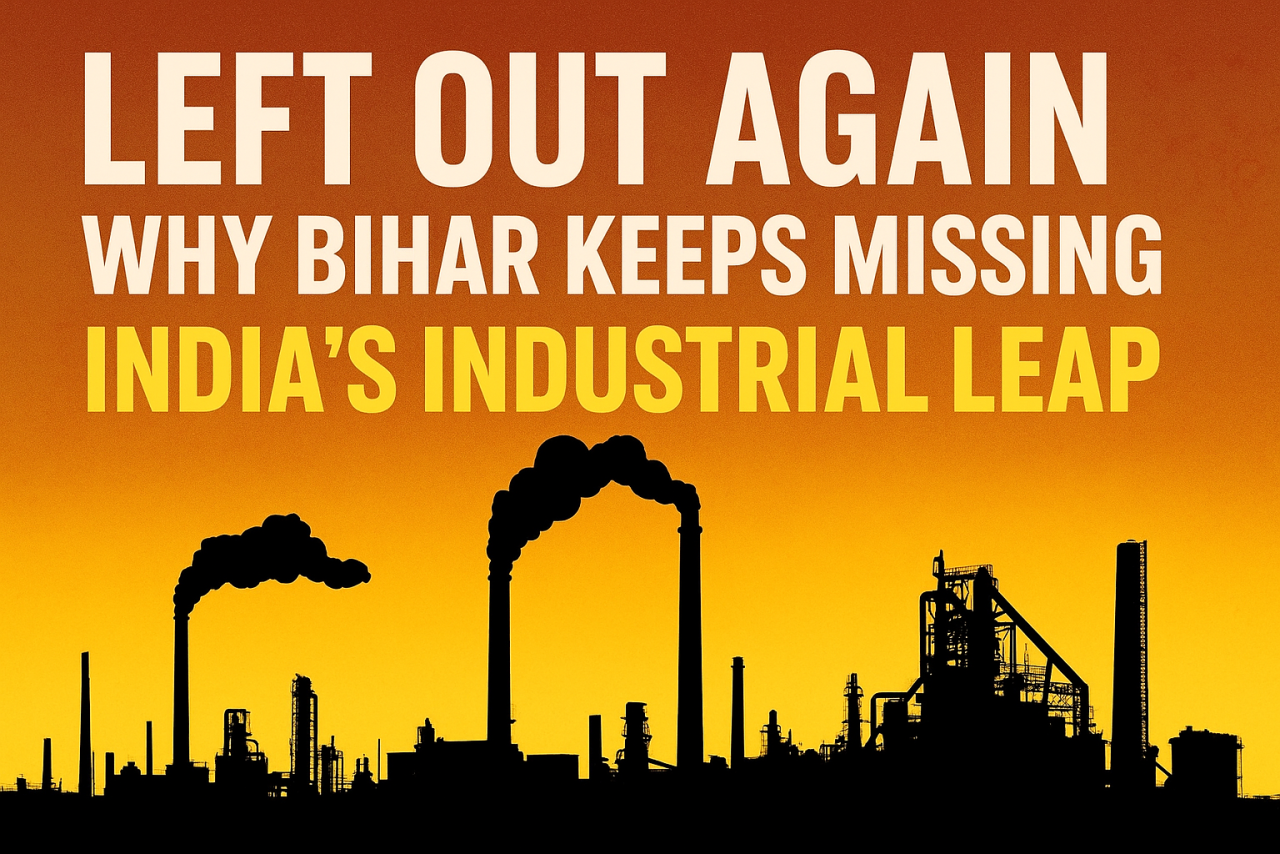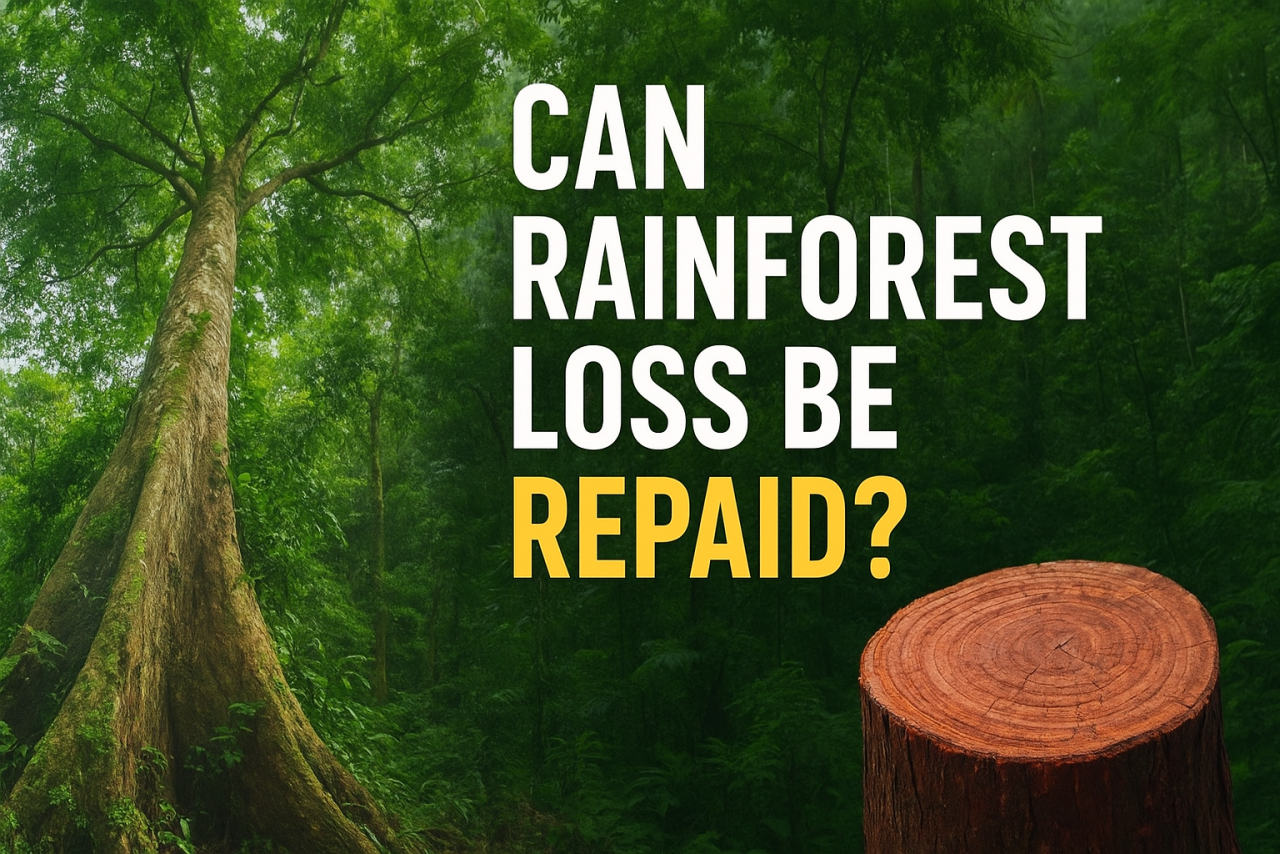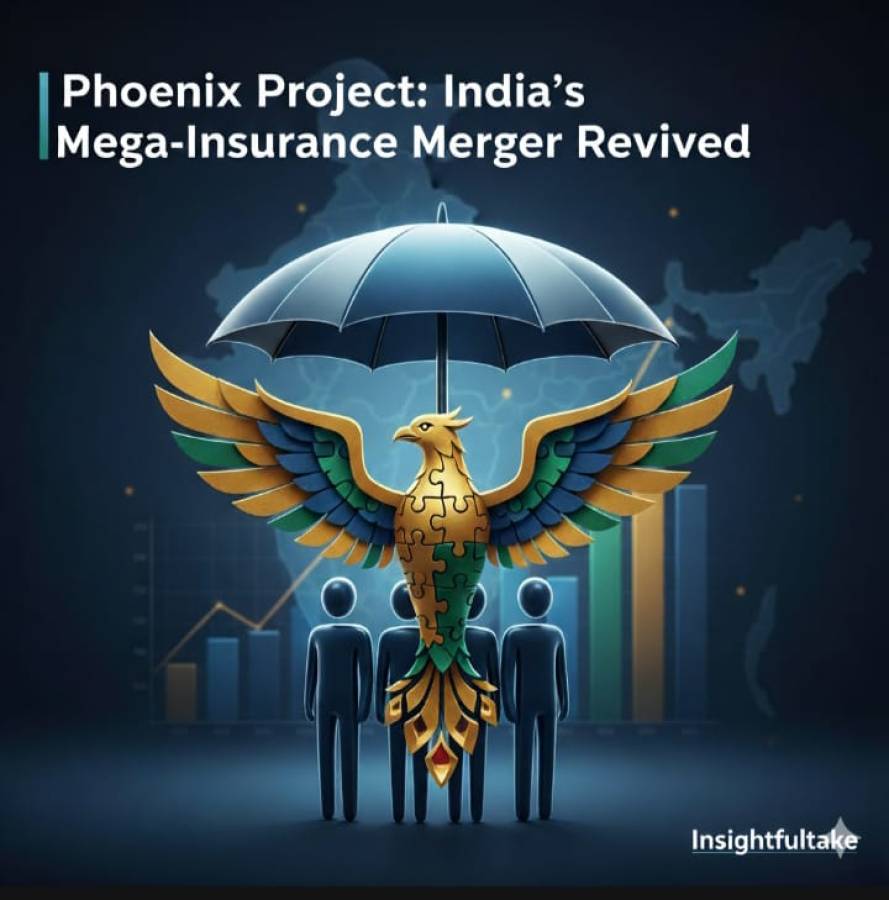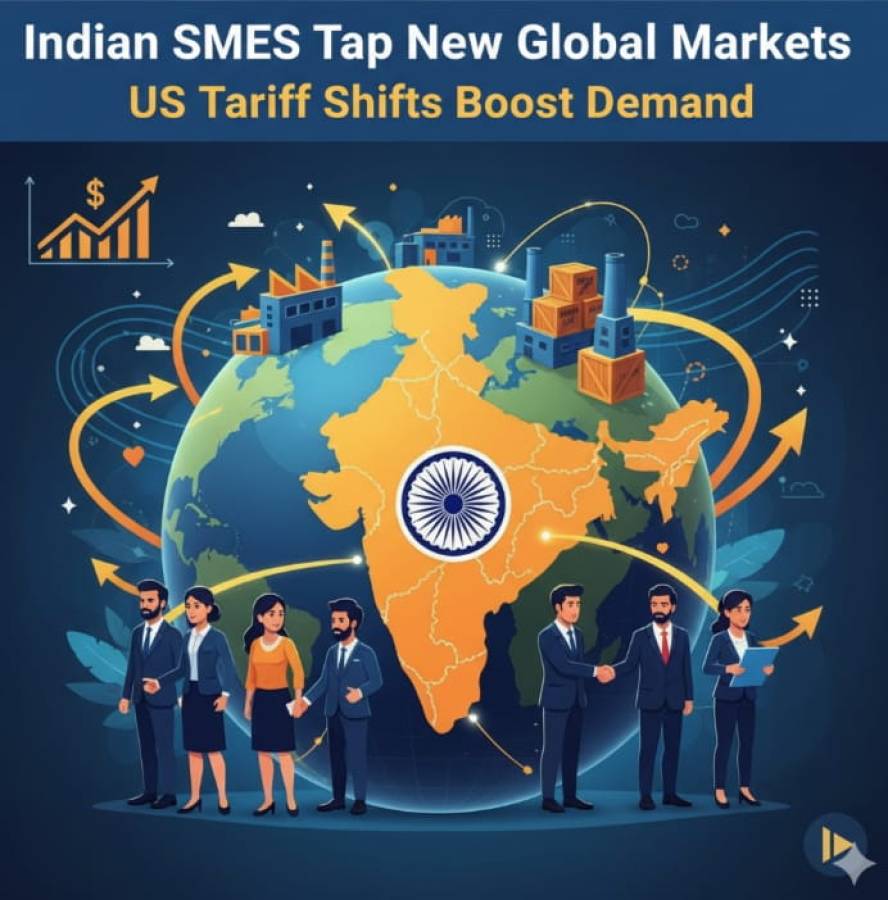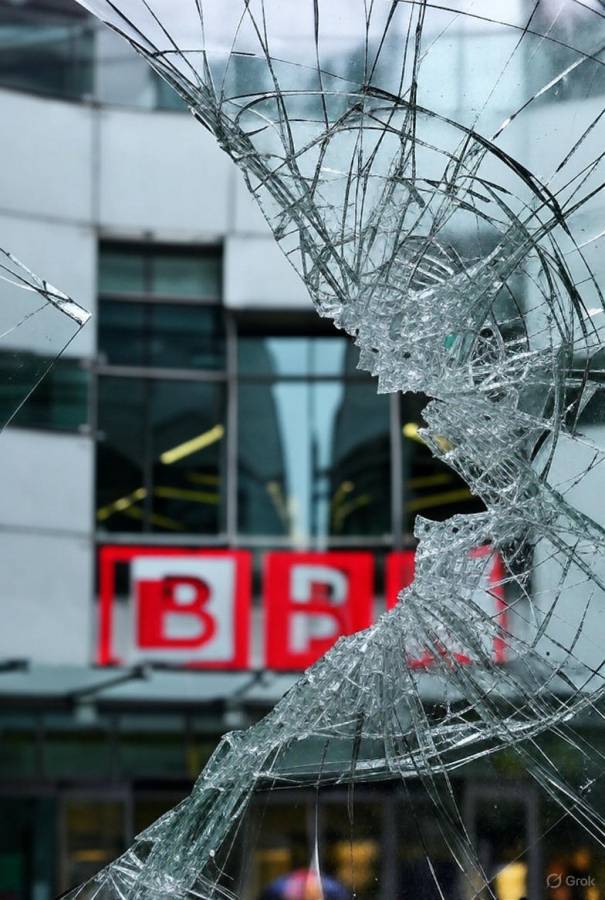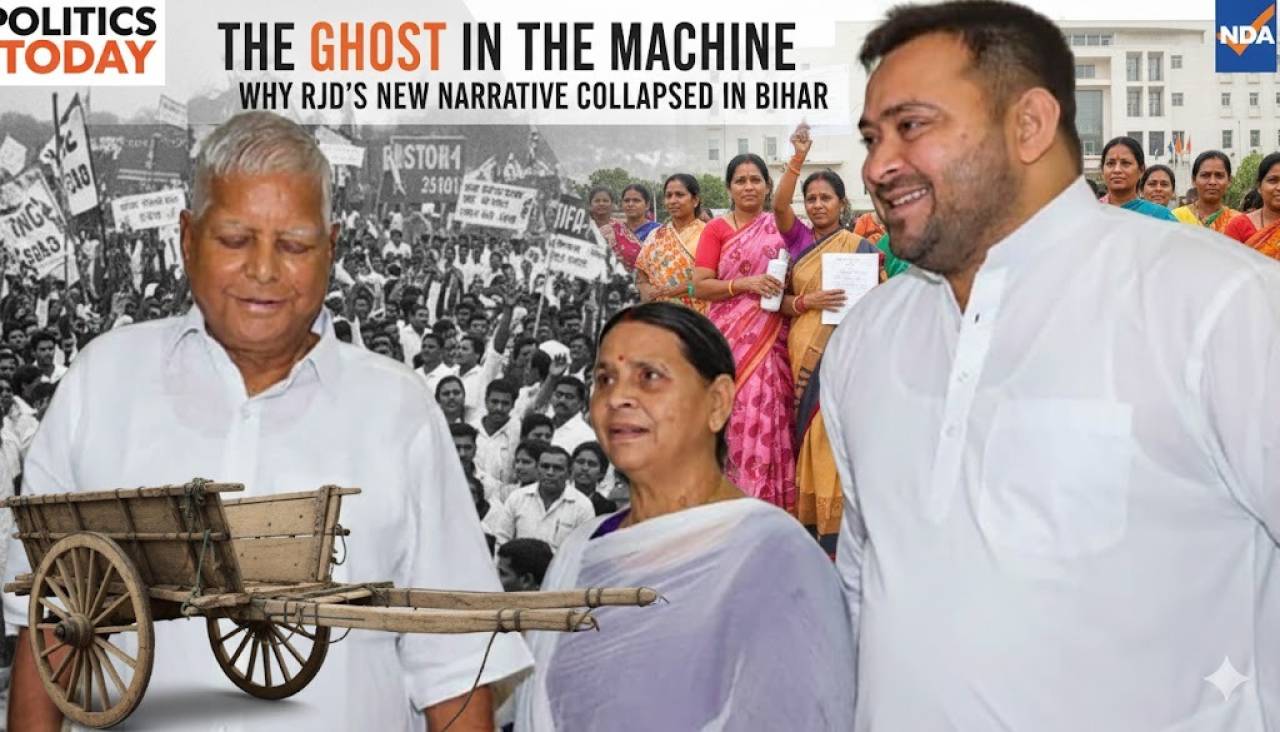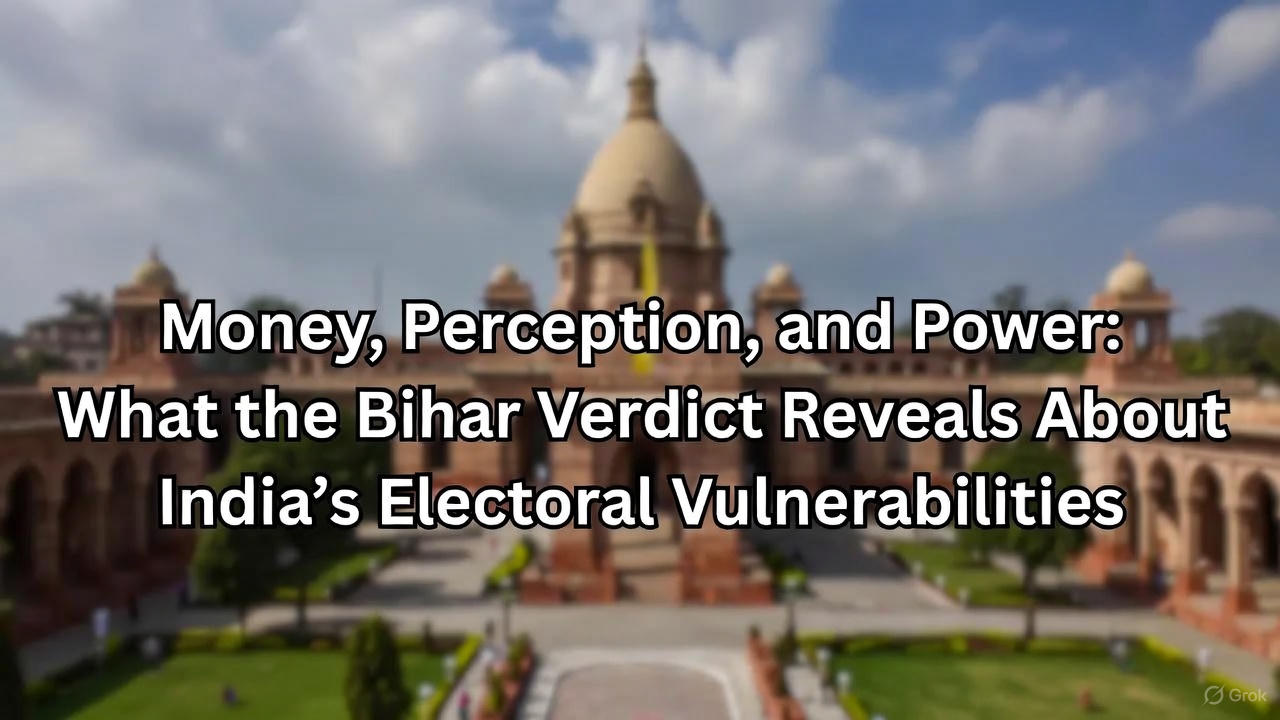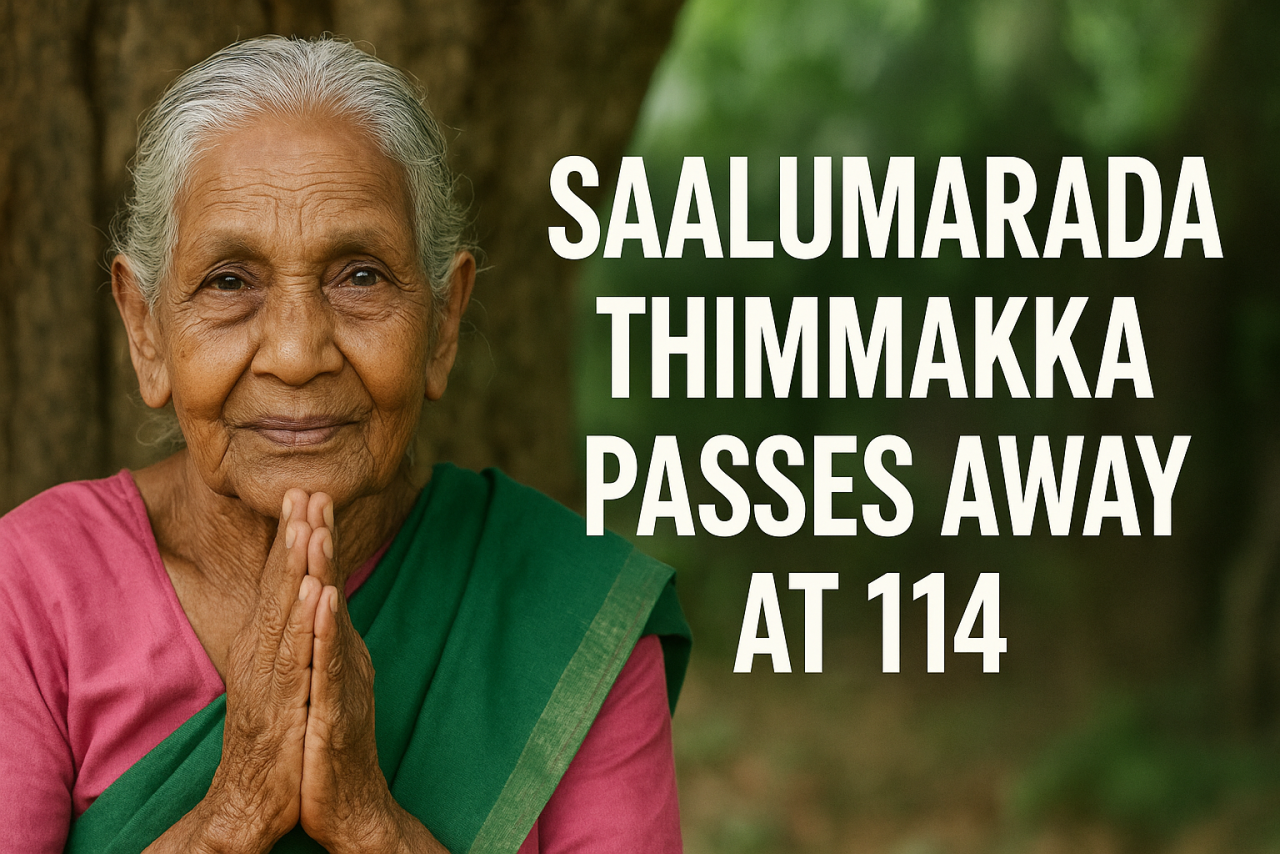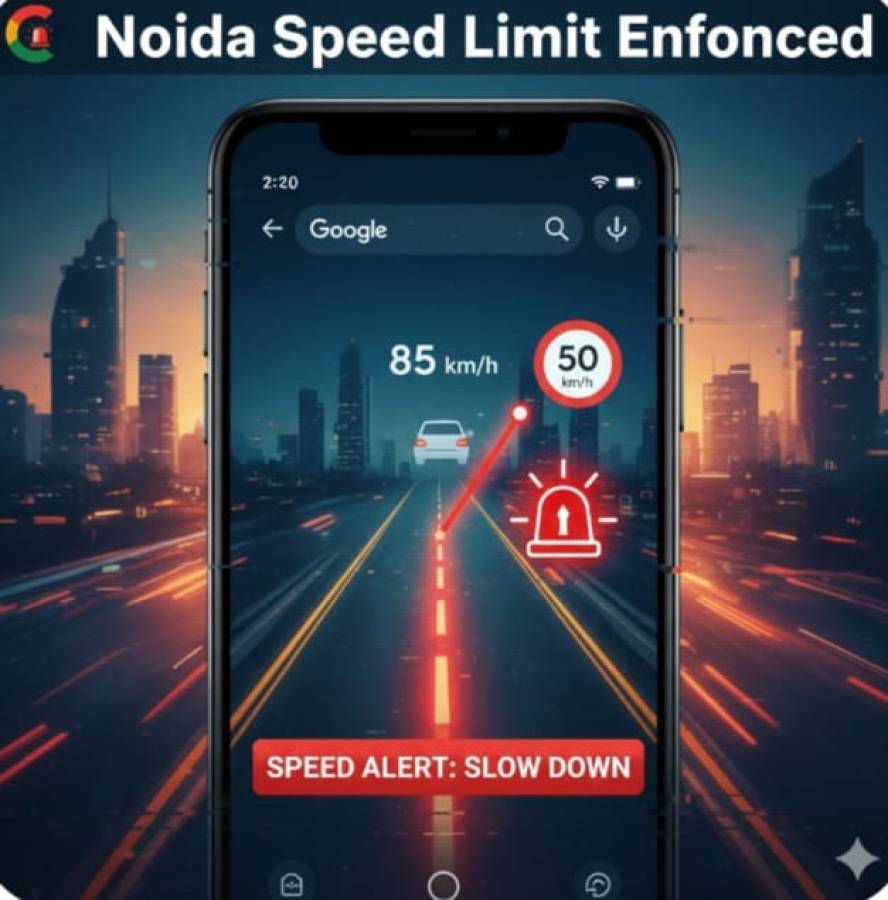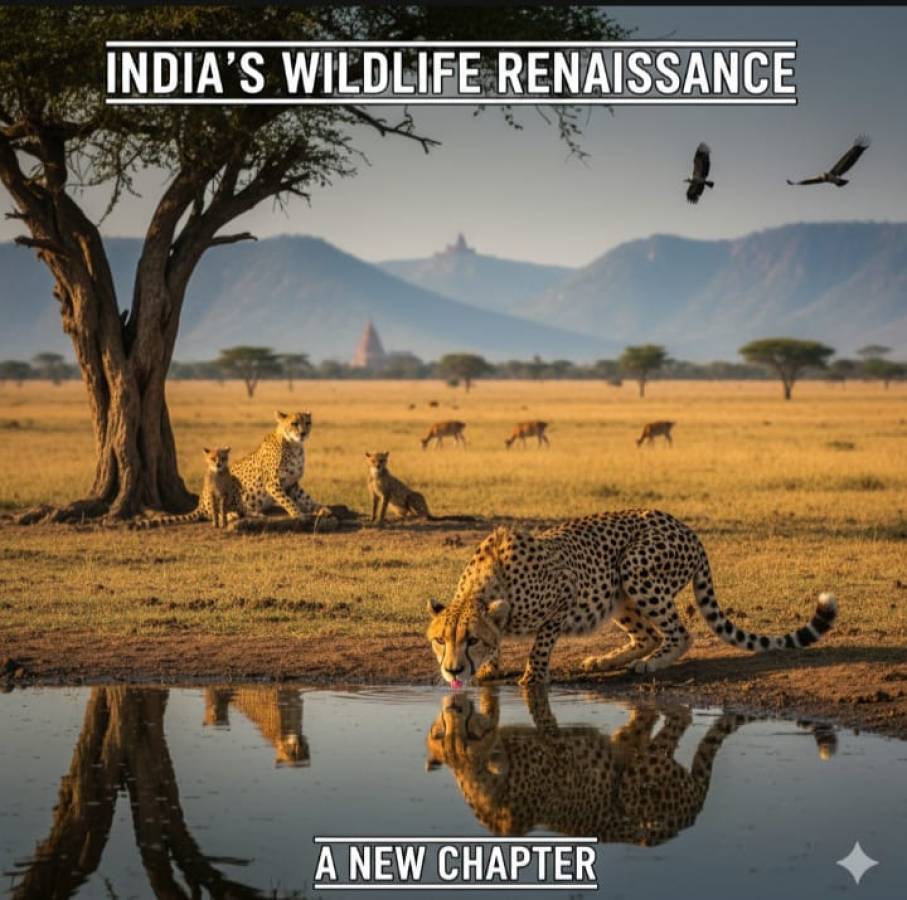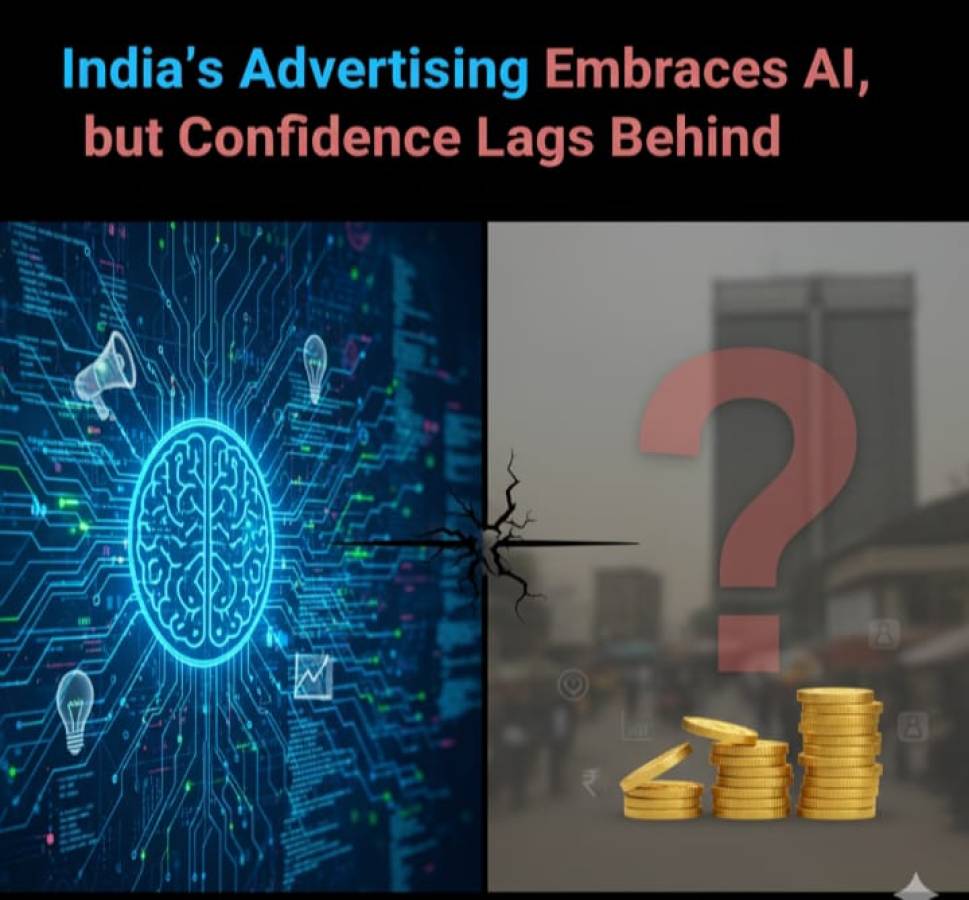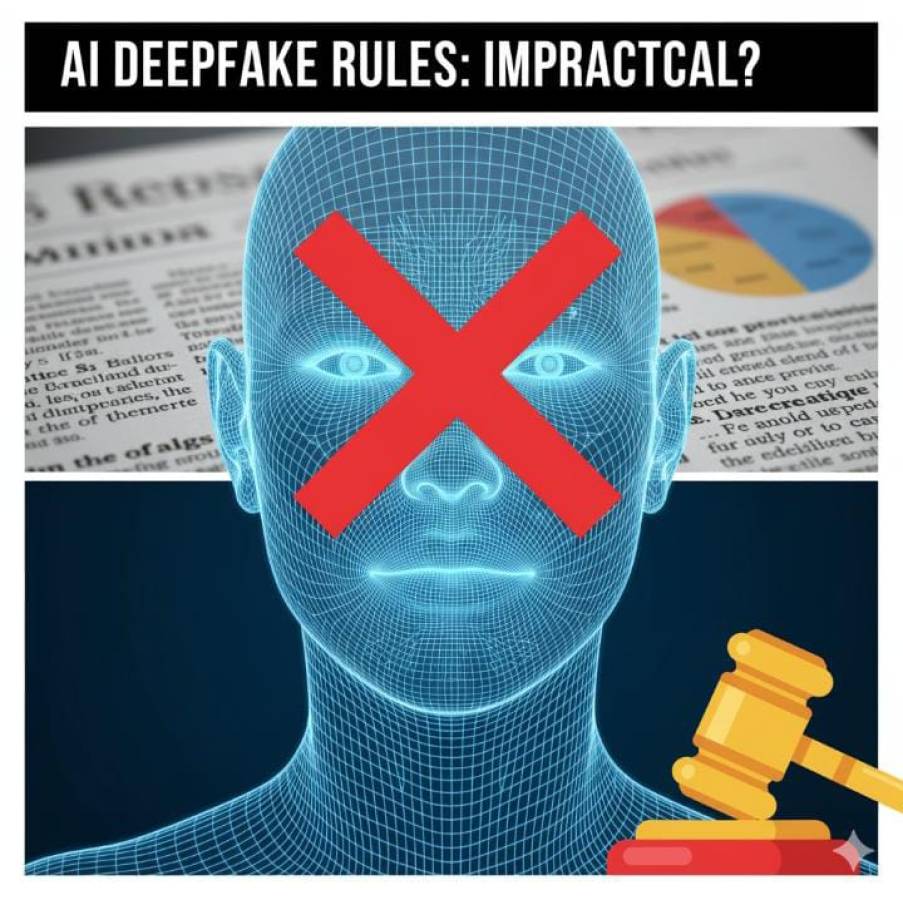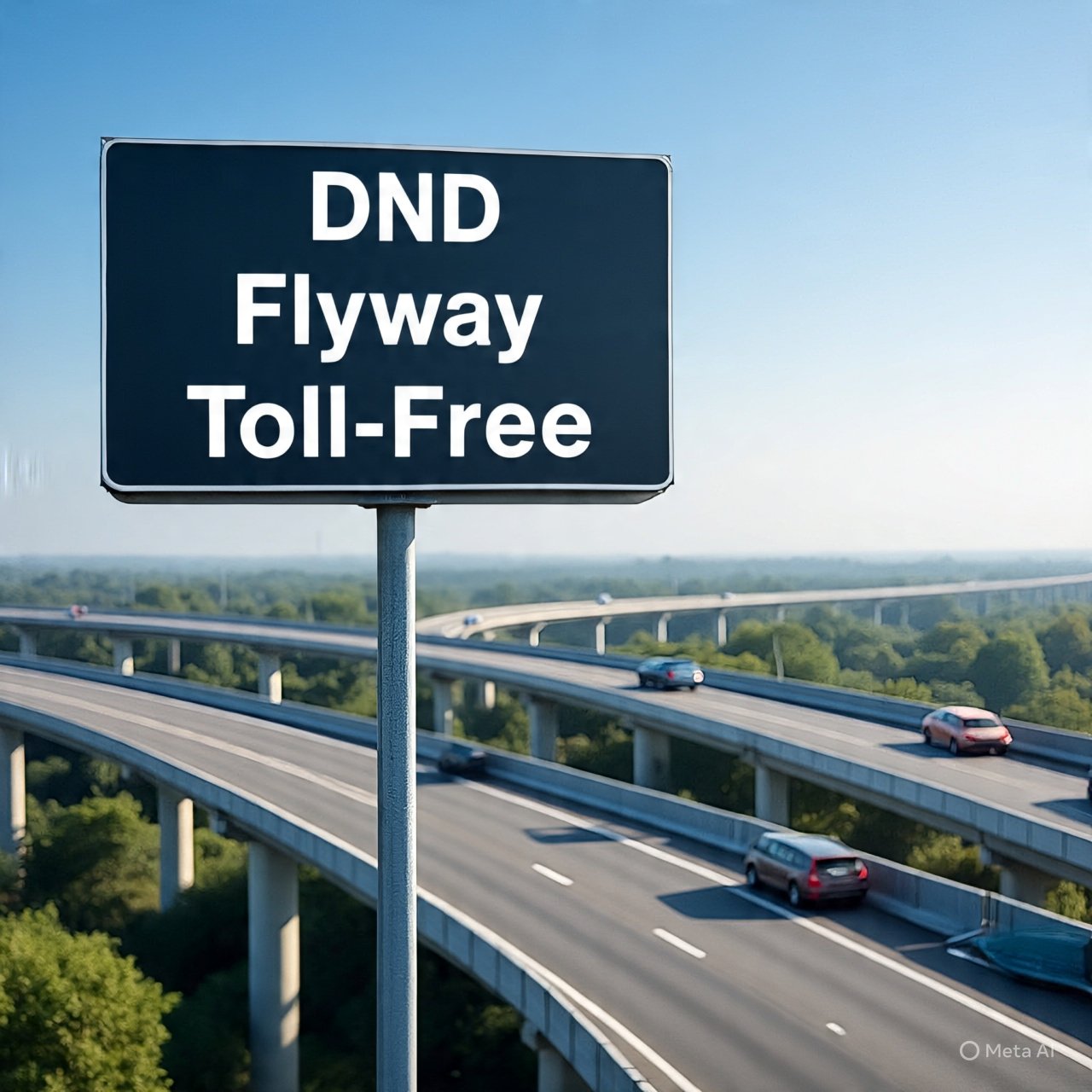
In a major win for daily commuters, the Supreme Court of India has upheld a 2016 Allahabad High Court ruling that declared the Delhi-Noida-Direct (DND) Flyway toll-free. This landmark judgment brings lasting relief to thousands of motorists who travel between Delhi and Noida daily, ending a years-long debate over toll collection on one of the National Capital Region’s most critical roadways.
The DND Flyway, an eight-lane expressway linking Delhi and Noida, has long been operated by the Noida Toll Bridge Company Limited (NTBCL) under a public-private partnership model. Since its inception, the toll collection system on this road has faced public scrutiny, with many arguing that the company had already recovered its investment along with significant profits. Allegations of overcharging commuters had sparked widespread criticism, especially after studies revealed that toll revenues had far exceeded the project's construction and operational costs.
In 2016, the Allahabad High Court intervened, declaring the toll collection "unjustified" and ordering an immediate halt. It ruled that the public had effectively repaid more than the required amount over the years, making continued toll collection unwarranted. However, NTBCL challenged the verdict in the Supreme Court, seeking to overturn the order and reinstate the toll.
Now, nearly a decade later, the Supreme Court has put the matter to rest. By siding with the High Court’s assessment, the apex court emphasized that public interest cannot be compromised for the sake of private profit. This ruling sets a strong legal precedent for future infrastructure agreements and projects developed under concession models.
Commuters, civic activists, and residents across Delhi-NCR have welcomed the verdict. For them, the decision is not just a financial relief but a recognition of the power of citizen voices and public interest litigation. Regular travelers on the DND Flyway are expected to save significant amounts annually, along with reduced traffic delays caused by toll booths.
The judgment also signals a shift in how infrastructure contracts, especially those involving user fees, are expected to operate. It serves as a cautionary tale for concessionaires and infrastructure companies: revenue models must be transparent, accountable, and time-bound. Infrastructure projects should not become perpetual sources of income at the expense of the people.
NTBCL, on its part, has expressed concerns over the financial implications of the ruling. However, the Court’s stance reinforces that infrastructure built for public use must prioritize accessibility and affordability over long-term commercial gains.
Looking ahead, this decision could encourage the government and private players to revisit how they draft agreements, particularly in public-private partnerships. Transparent, citizen-centric models that allow cost recovery without long-term burden on users are the need of the hour.
The Supreme Court’s final word on the DND Flyway toll issue is more than just a legal closure. Moreover, it is a reaffirmation of justice, public accountability, and infrastructural equity. For lakhs of daily travelers, the road is now not just toll-free, but stress-free too.


